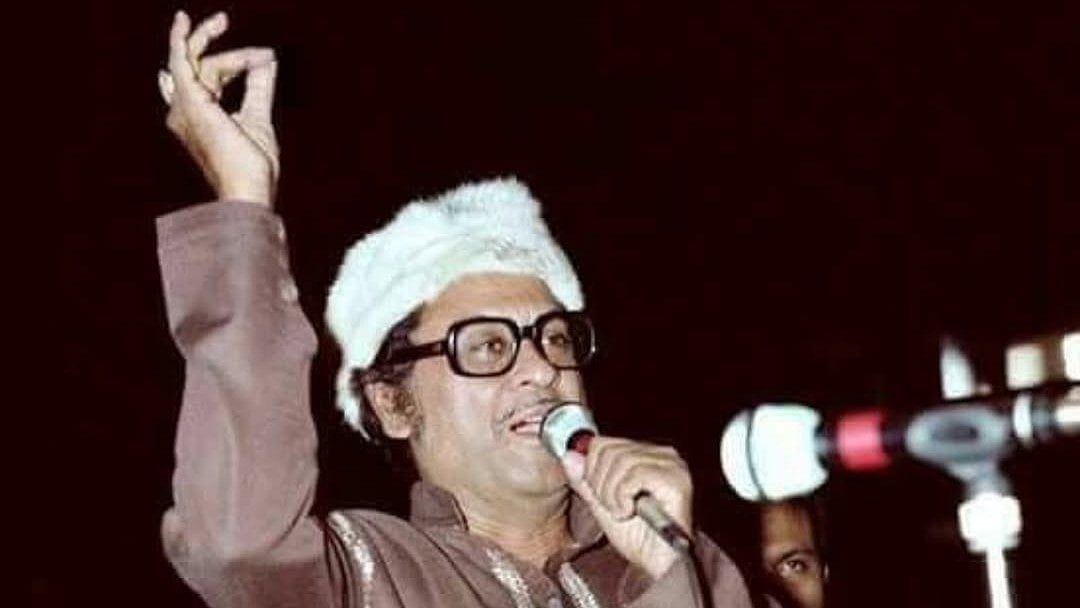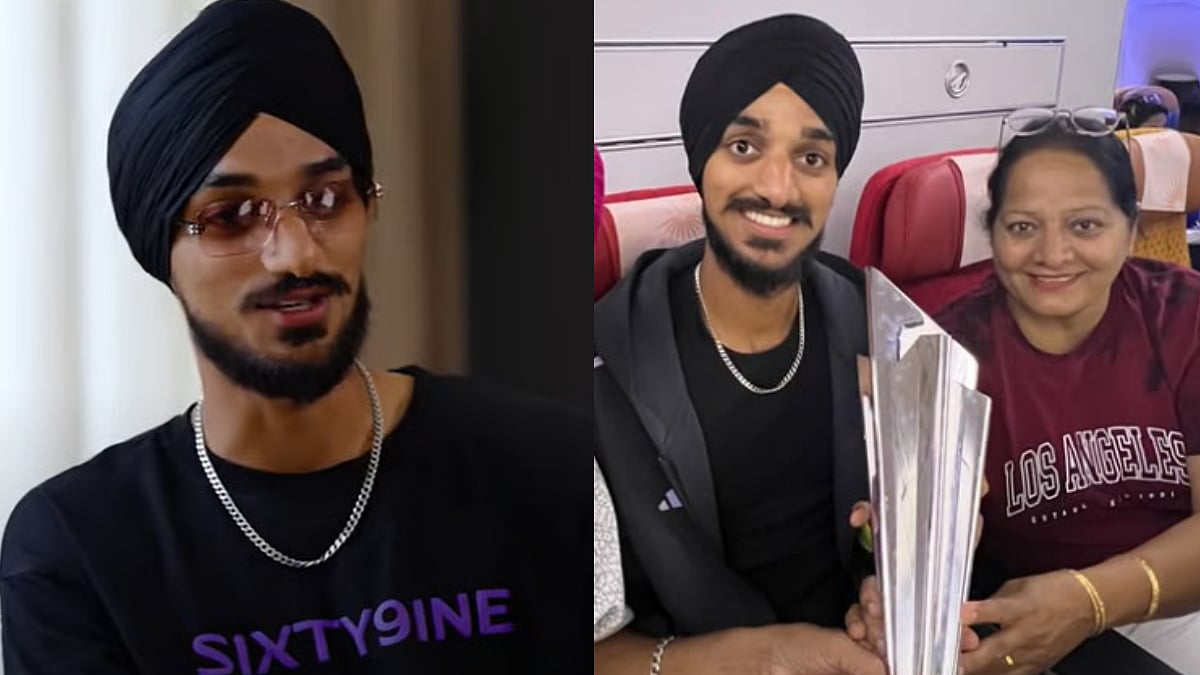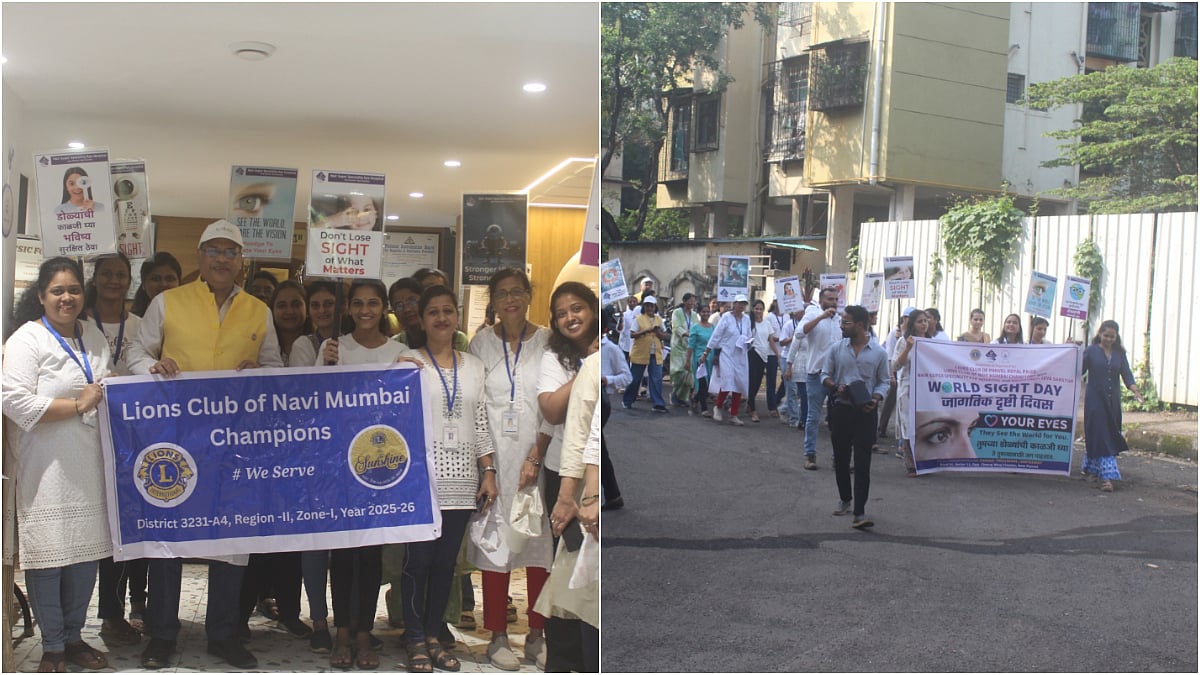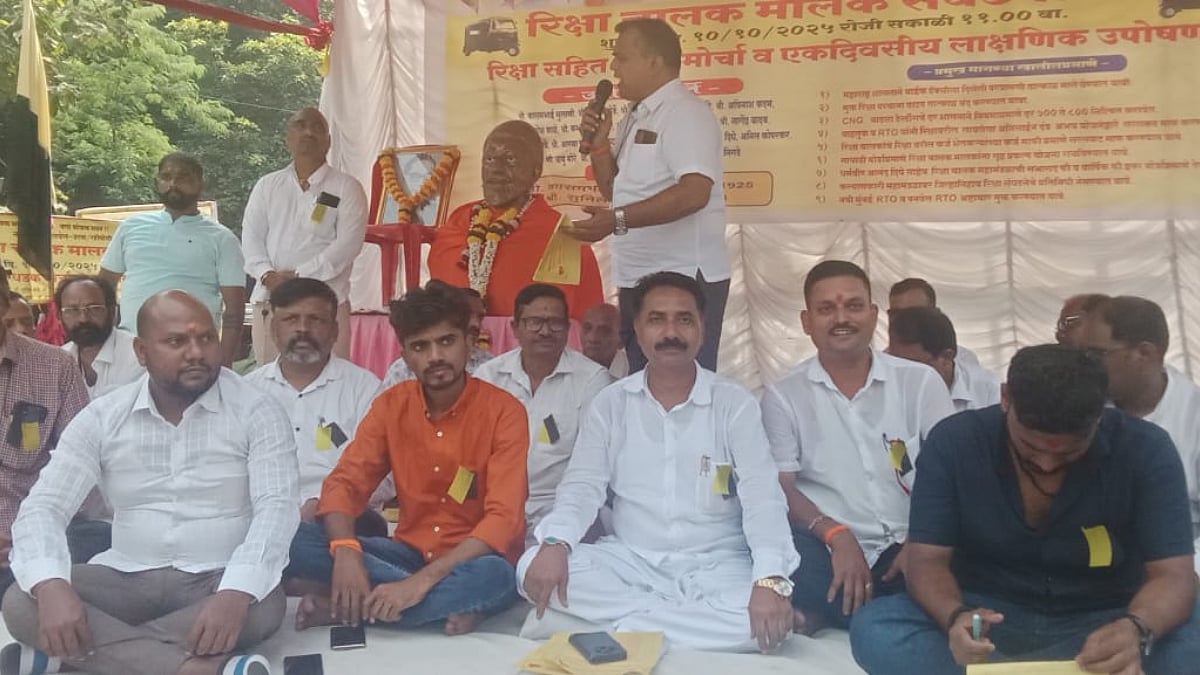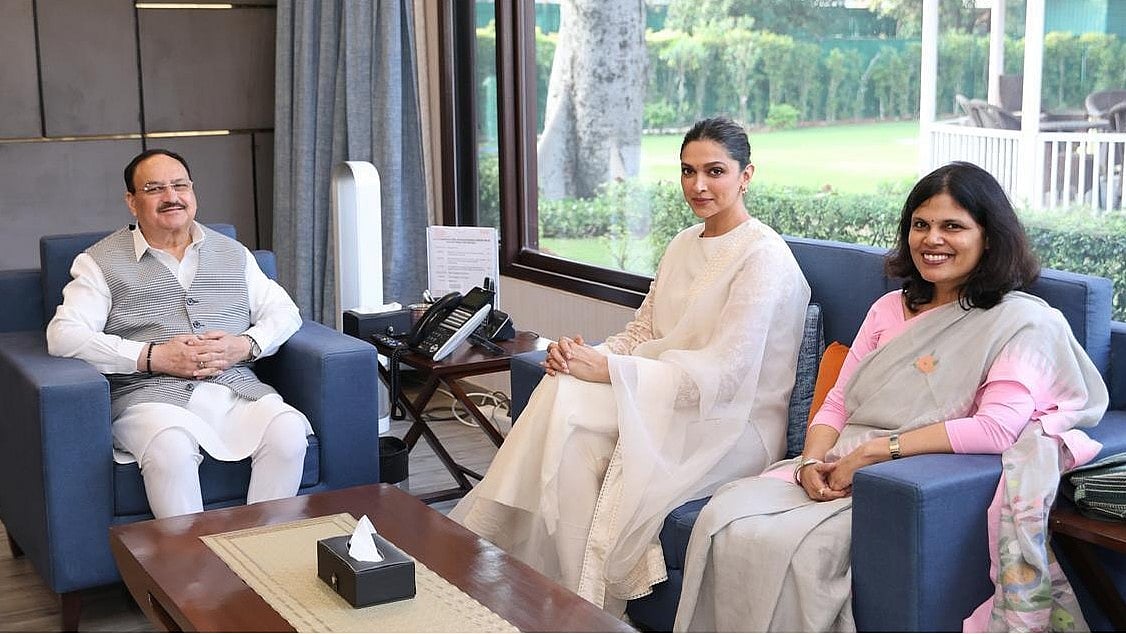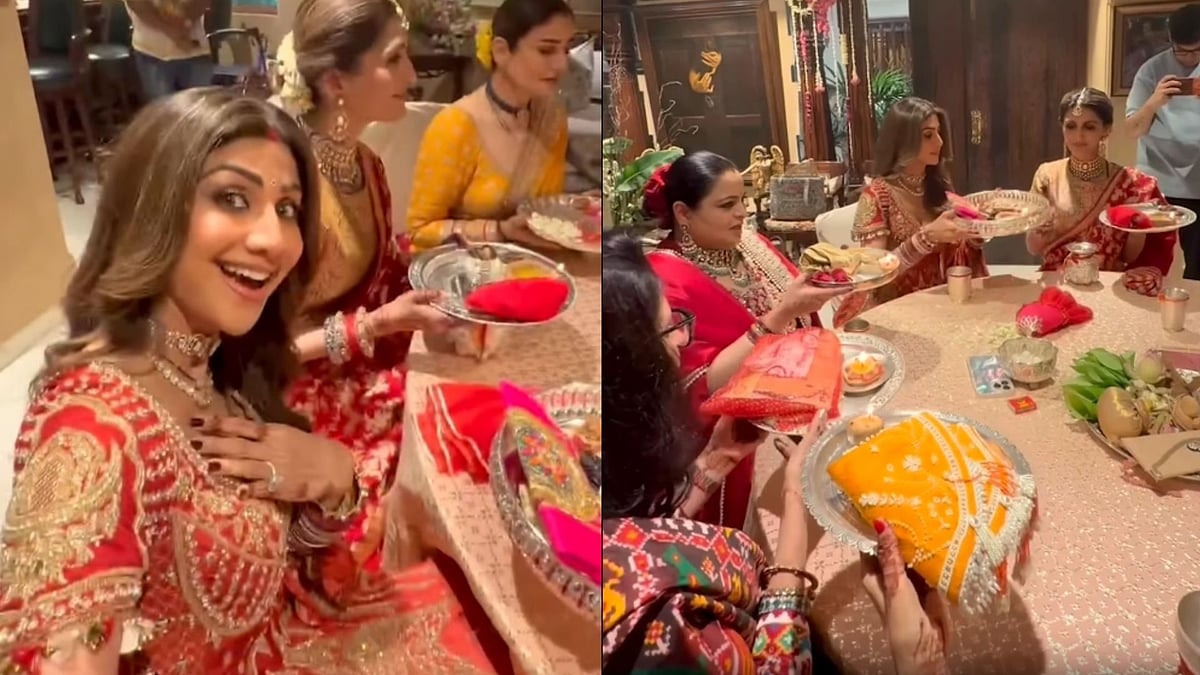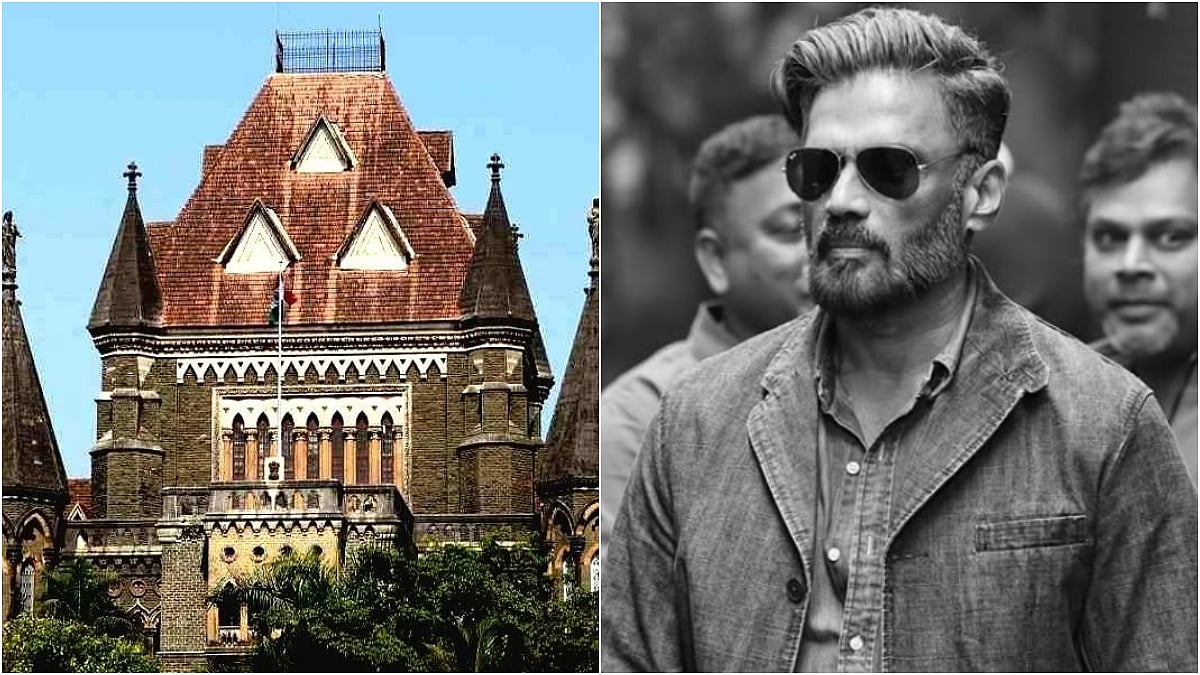Kishore Kumar was a multi-talented artist who served the Hindi film industry as an actor, singer, music director, writer, lyricist, producer, and director. He won 8 Filmfare Awards for Best Male Playback Singer out of 28 nominations, and holds the record for the most wins and nominations in that category.
Kishore Kumar started as an actor in 1946 (Shikari) and as a singer in 1948 (Ziddi). He acted in 88 films and sang in 1,198 films. However, at the start of his career as a singer, nobody—except Sachin Dev Burman—took him seriously.
Sachin Dev Burman gave him many popular songs, particularly for Dev Anand. But he was not the first choice for many other music directors at that time. Most of them preferred Mohammed Rafi as the male playback singer.
Surprisingly, Mohammed Rafi gave playback to actor Kishore Kumar in a few films like Shararat, Bhagam Bhag, Paisa Hi Paisa, and Kalpana.
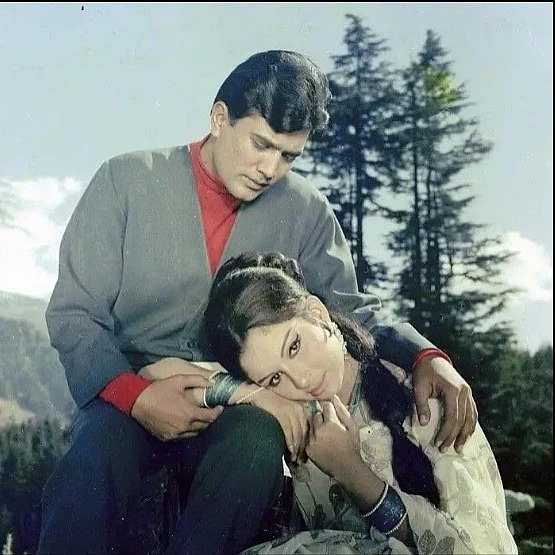
A still from Aradhana |
Breakthrough with Aradhana
Kishore Kumar had to wait until 1969 for a turning point. It was Shakti Samanta’s Aradhana, in which Kishore Kumar sang three songs, that established him as a leading male playback singer. He won his first Filmfare Award for the song Roop Tera Mastana.
Aradhana also established Rajesh Khanna as the first superstar of Hindi cinema. Since then, both Kishore and Khanna never looked back. After Aradhana, Kishore Kumar became the first choice for all music directors, replacing the legendary Mohammed Rafi.
The Kishore Kumar–Rajesh Khanna duo became a phenomenon. Kishore Kumar sang 245 songs in 91 films for Rajesh Khanna—the highest number of songs sung by a singer for a particular actor in Hindi cinema, a record that still stands.
Yodelling
Kishore Kumar was famous for his yodelling, inspired by Jimmie Rodgers and Tex Morton. He employed yodelling in many iconic songs, including:
1. Main Hoon Jhumroo
2. Yeh Dil Na Hota Bechara
3. Zindagi Ek Safar Hai Suhana
4. Chala Jata Hoon
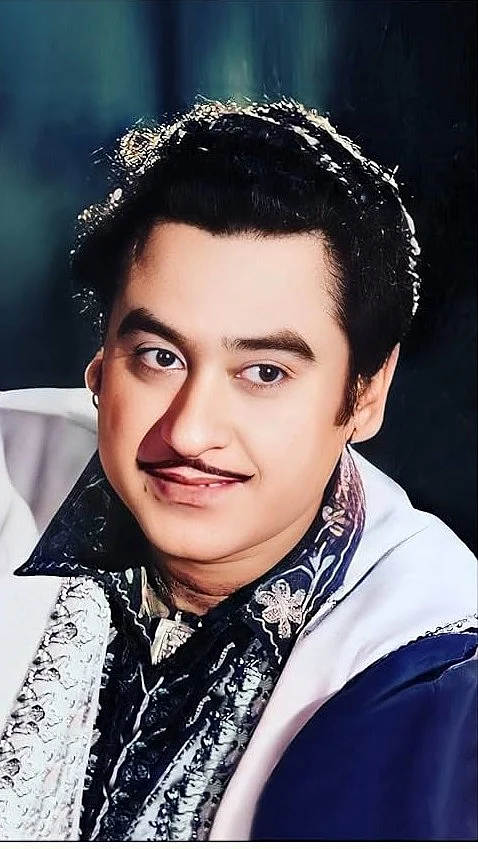
Kishore Kumar |
Money matters
Kishore Kumar was very particular about payments. He always ensured full payment before any recording.
Before each session, he would ask his secretary Abdul, “Aaj chai pi ki nahin?” If Abdul said “Yes,” it meant full payment had been received—and Kishore would sing. If Abdul said “No,” Kishore would cancel the recording, saying he had a sore throat.
He even refused to sing for free during the Emergency, saying “No” to Sanjay Gandhi for a Congress rally. As a result, he was banned on radio and Doordarshan by the Congress government during that period.
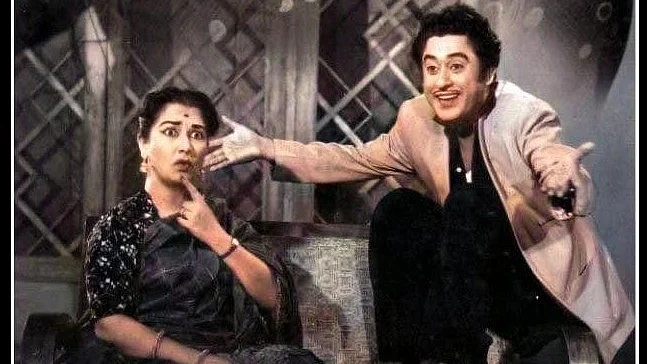
A still from Half Ticket |
Half Ticket highlight
In the film Half Ticket, Kishore Kumar sang in both male and female voices for the song Aake Seedhi Lagi Dil Se—a unique and one-of-a-kind performance in Hindi cinema.
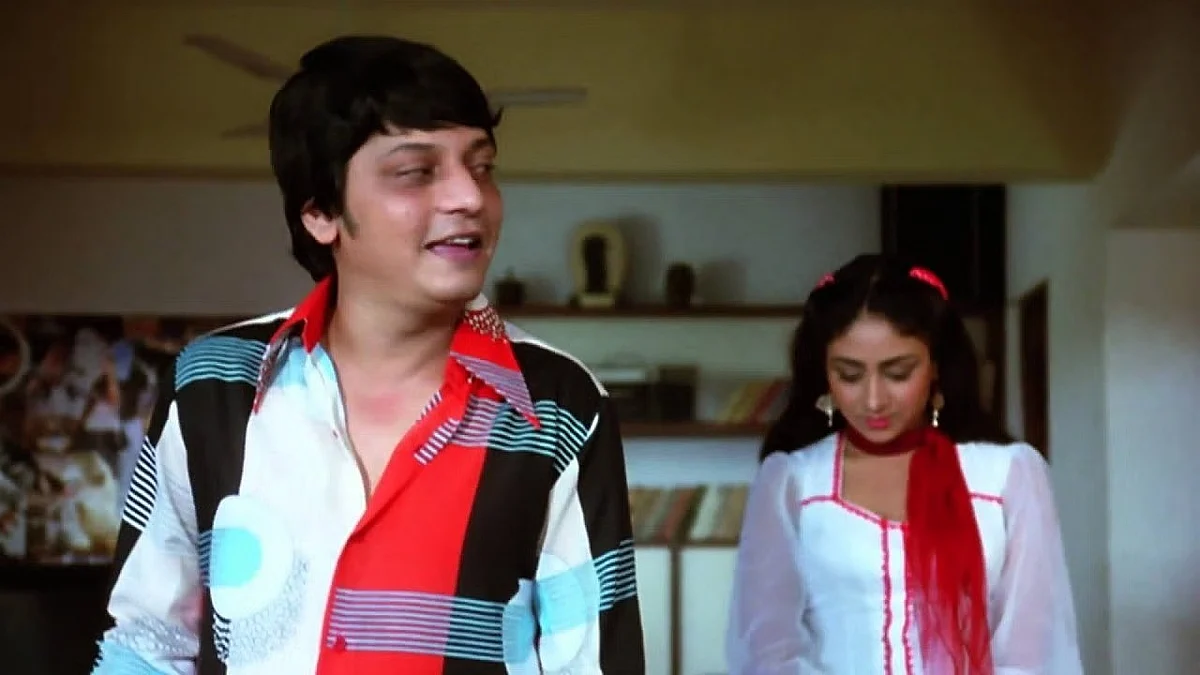
Aane Wala Pal |
Top 10 popular songs (Online survey)
It’s difficult to pick just ten popular songs of Kishore Kumar, and opinions may vary. However, based on an online survey, here are the top 10:
1. Aane Wala Pal
2. Mere Mehboob Qayamat Hogi
3. Ek Ladki Bheegi Bhaagi Si
4. Mere Sapno Ki Rani
5. Hamen Tumse Pyar Kitna
6. Pyar Diwana Hota Hai
7. Yeh Jo Mohabbat Hai
8. Aate Jaate Khoobsurat Awara
9. Bheegi Bheegi Raaton Mein (duet)
10. O Saathi Re
Record auction sale
In 2012, an unreleased song by Kishore Kumar was sold for ₹15.6 lakhs at Osian’s Cinefan auction—the highest ever auction price for a Hindi film song.
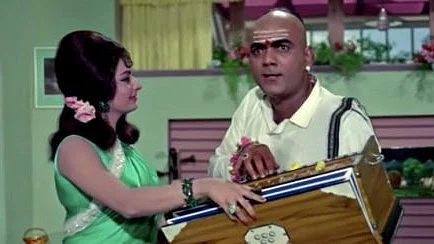
A still from Ek Chatur Naar |
Funny songs and comic legacy
Kishore Kumar was known for his funny songs and delivered some of the best comic numbers in Hindi cinema, such as:
1. C-A-T Cat Mane Billi
2. Ina Mina Dika
3. Nakhrewali
4. Ek Chatur Naar (with Manna Dey and Mehmood)
Even today, Ek Chatur Naar remains a crowd favorite at live shows and orchestras.
Struggles with finances
Kishore Kumar faced major financial trouble after an Income Tax raid. He humorously mentioned this in the song Peechhe Pad Gaya Income Taxam, Jai Govindam Jai Gopalam from Aansoo Aur Muskan.
Motivational songwriting
Kishore Kumar wrote and composed one of Hindi cinema’s best motivational songs: “Aa Chal Ke Tujhe, Main Le Ke Chalu Ek Aise Gagan Ke Tale” from Door Gagan Ki Chhaon Mein. Even today, this song is used by motivational speakers at seminars and corporate events.
